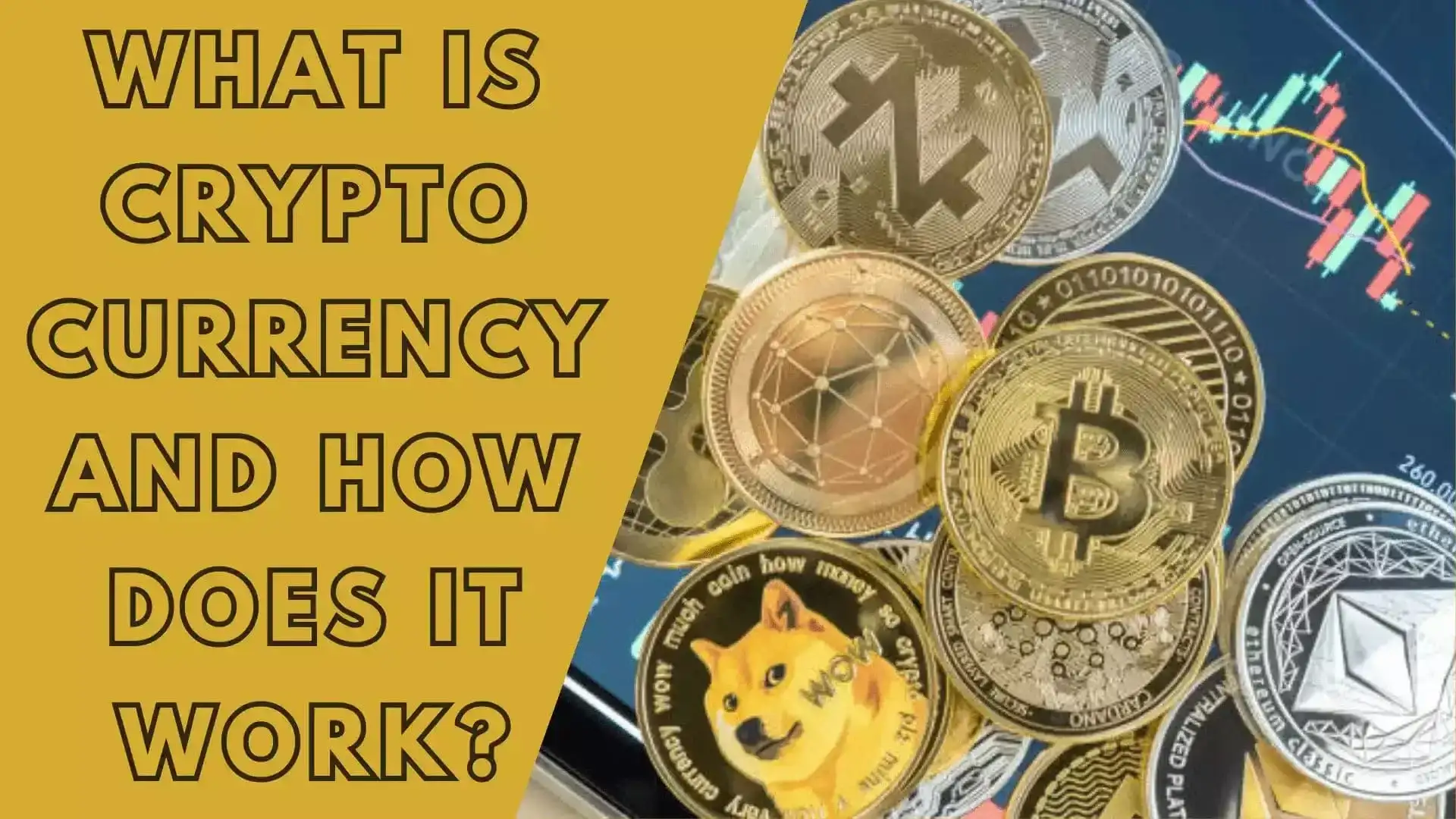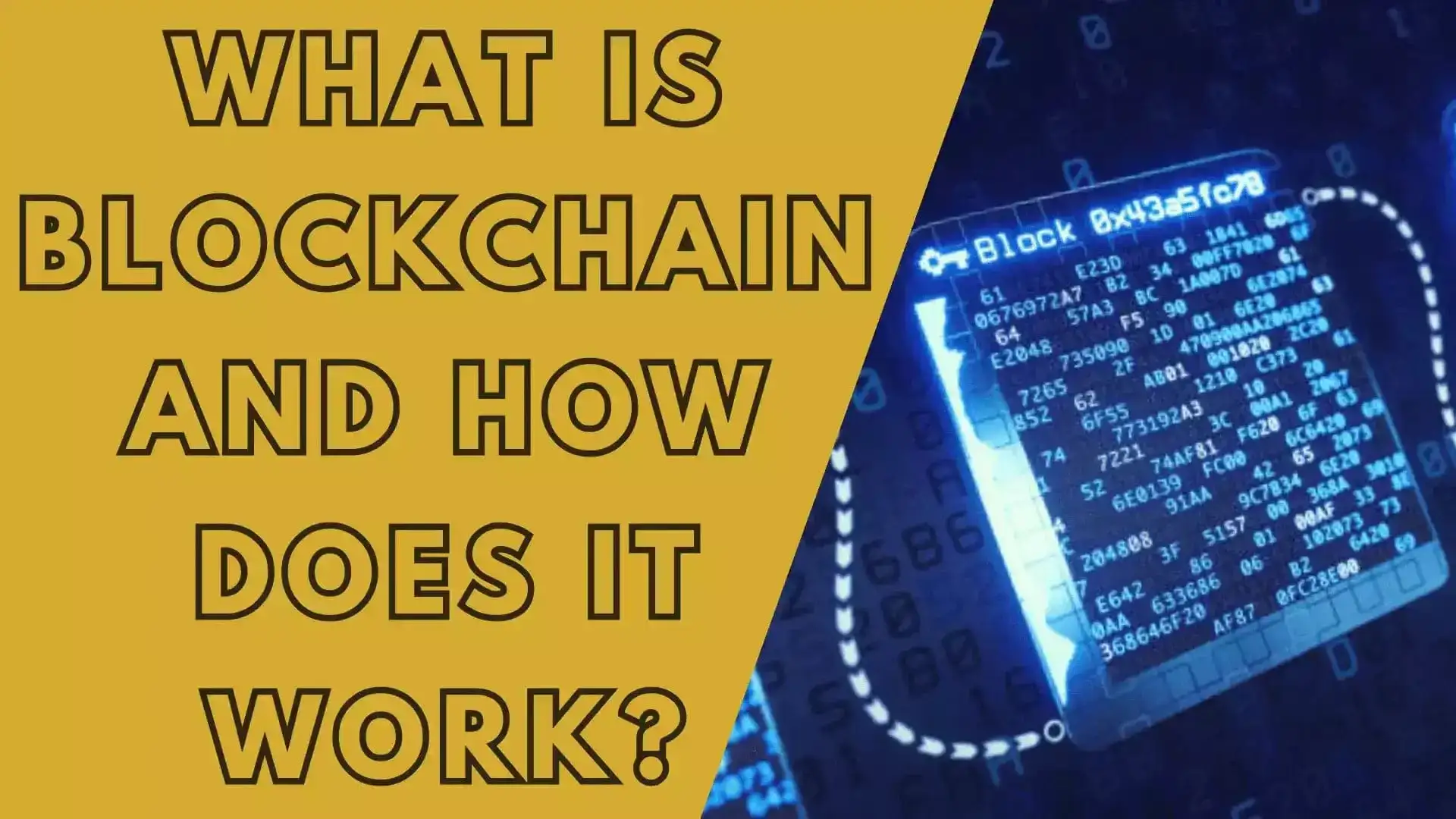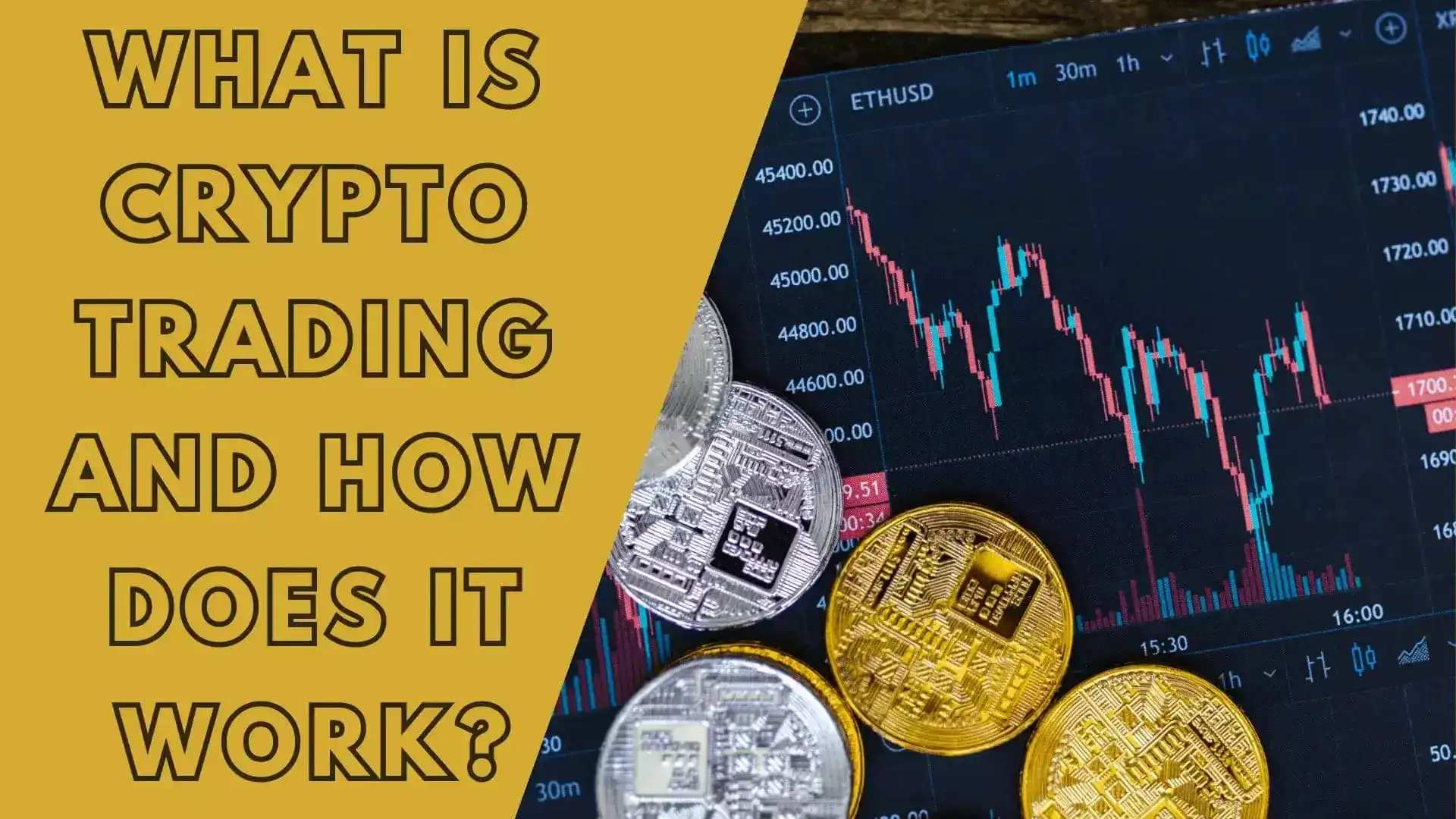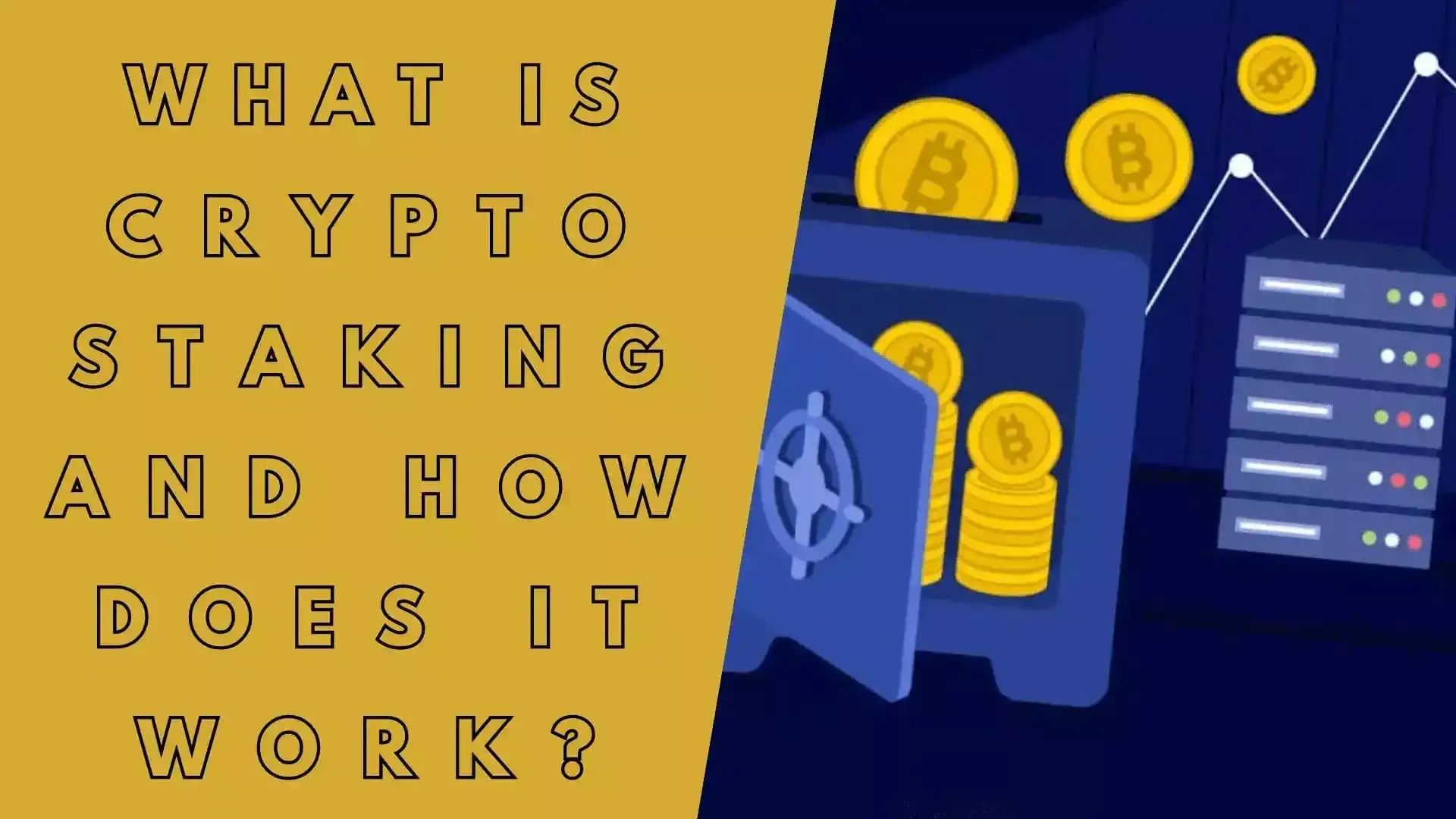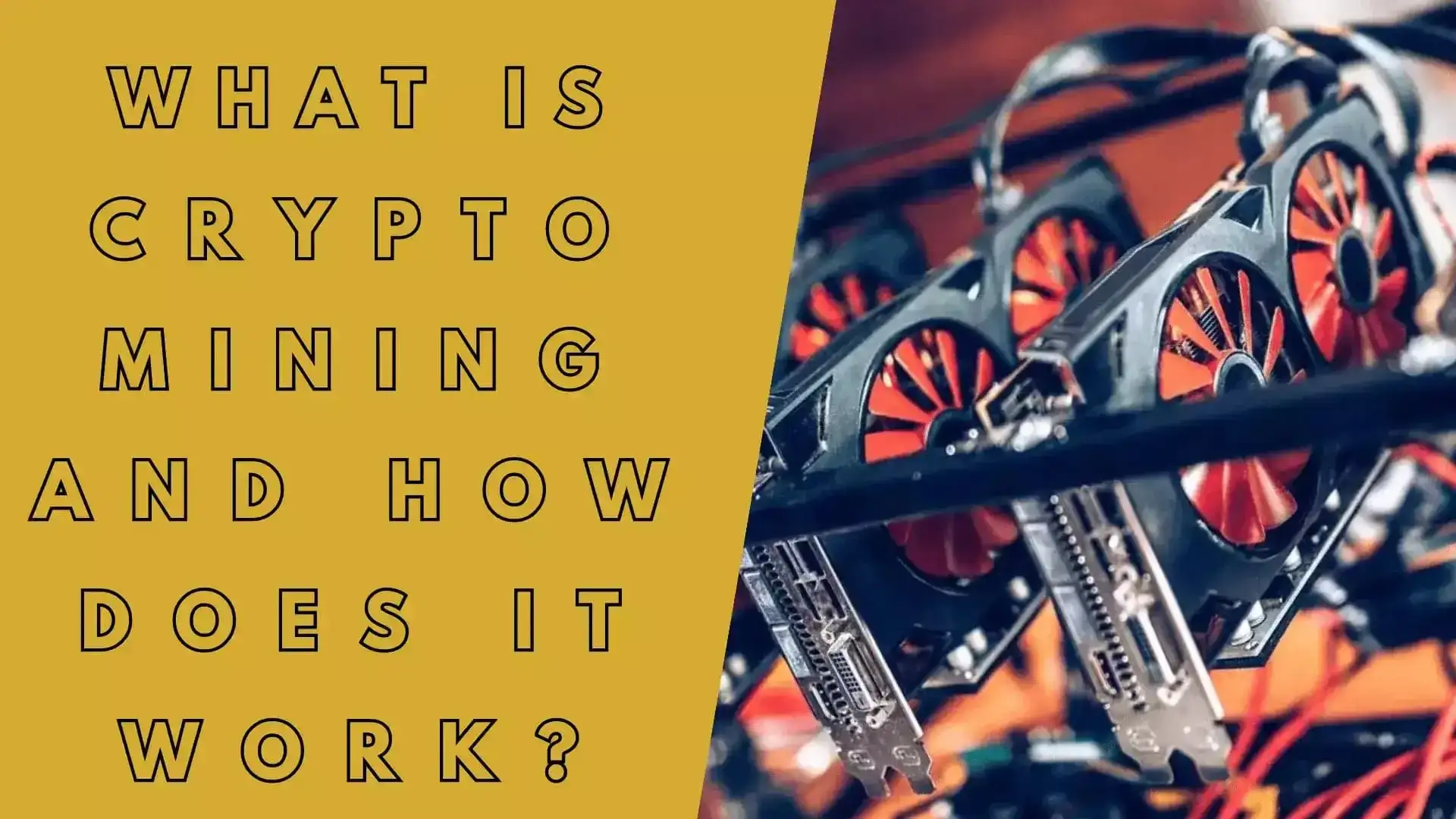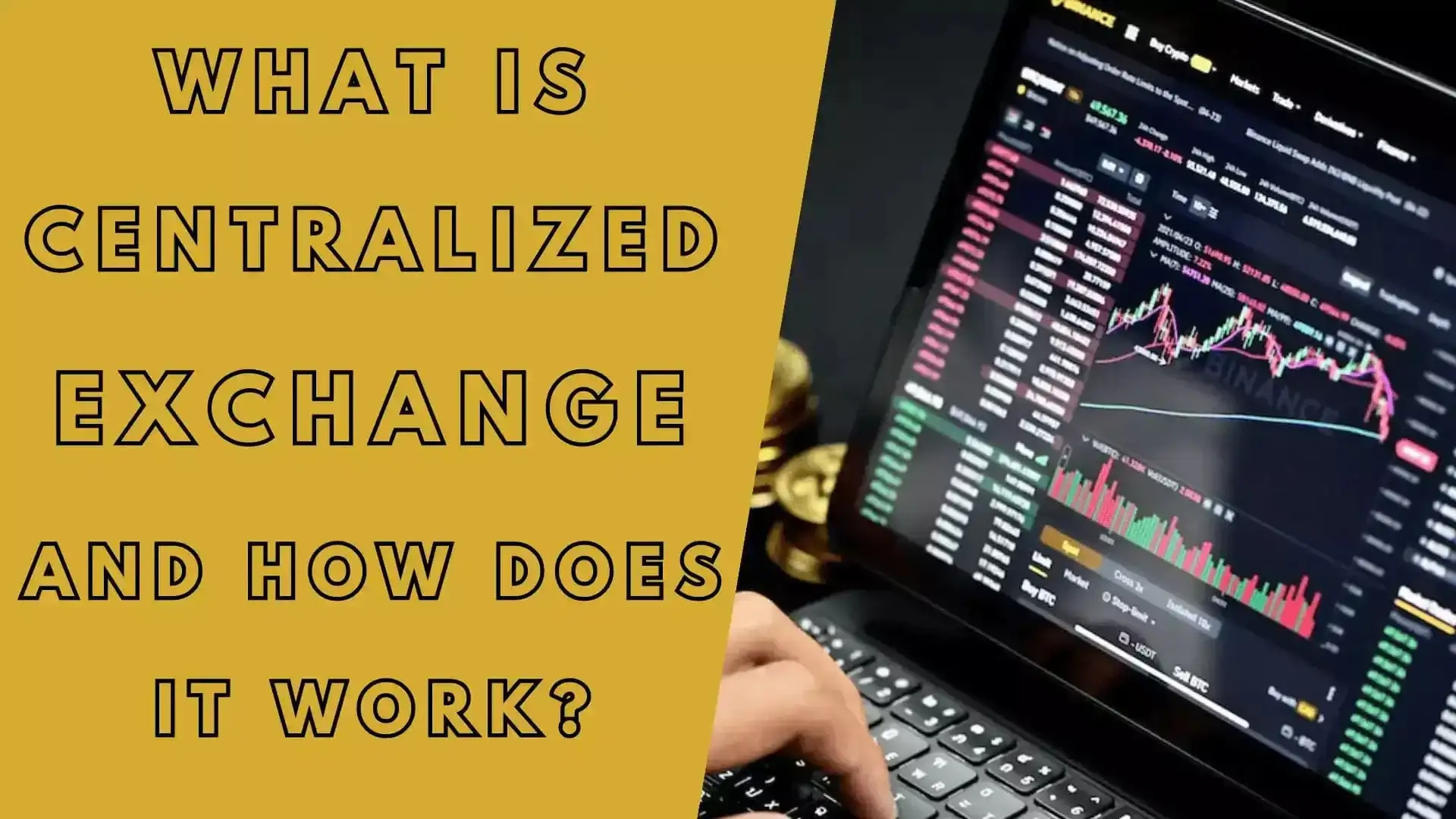Understanding the Solana Virtual Machine (SVM)
In the realm of blockchain technology, the Solana ecosystem has emerged as a prominent player, known for its high-performance network and scalability solutions. At the heart of Solana's architecture lies its Virtual Machine, known as SVM or Solana Virtual Machine. This article aims to delve into the intricacies of SVM, exploring its significance, functionality, and impact within the Solana blockchain ecosystem.
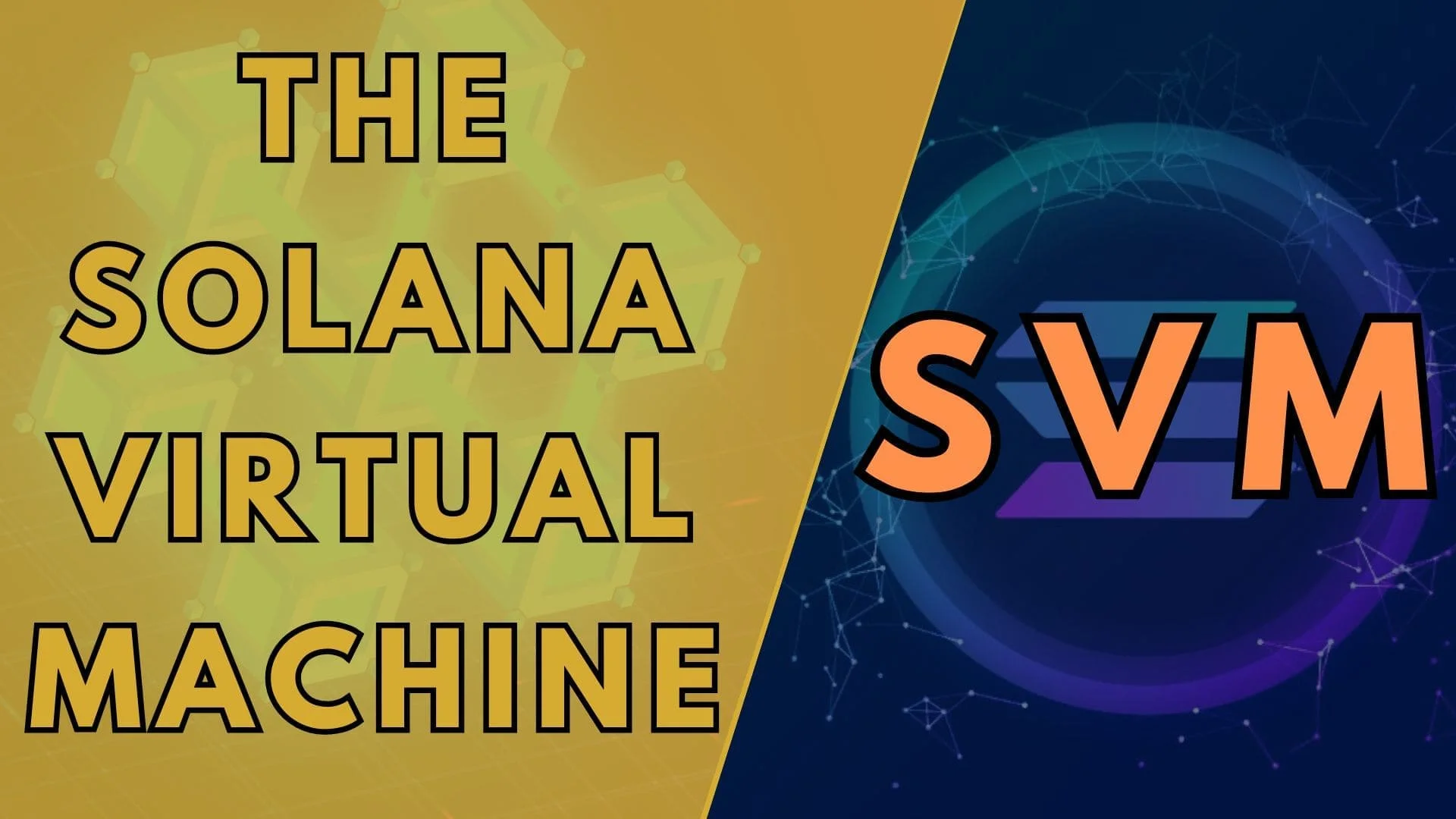
Posted on 10 Apr 2024
Introduction to Solana
Before diving into SVM, it's crucial to grasp the fundamentals of Solana itself. Solana is a decentralized blockchain platform designed to provide fast, secure, and scalable infrastructure for decentralized applications (dApps) and crypto projects. Launched in March 2020, Solana aims to tackle the scalability issues plaguing many existing blockchain networks, offering a platform capable of handling thousands of transactions per second (TPS) with minimal transaction fees.
The Need for a Virtual Machine
A Virtual Machine (VM) serves as the runtime environment for executing smart contracts and decentralized applications on a blockchain network. It abstracts the underlying hardware and provides a standardized environment for developers to deploy their code. In the context of Solana, the introduction of SVM was driven by the need to facilitate the execution of smart contracts and support the burgeoning ecosystem of dApps and DeFi protocols.
Key Features of the Solana Virtual Machine
- Performance: One of the standout features of SVM is its performance capabilities. Leveraging Solana's high-performance blockchain protocol, SVM enables rapid execution of smart contracts with low latency and high throughput. This ensures that dApps running on Solana can handle a large volume of transactions without compromising speed or efficiency.
- Compatibility: SVM is designed to be compatible with existing Ethereum Virtual Machine (EVM) tooling, making it easier for developers familiar with Ethereum to transition to the Solana ecosystem. This compatibility extends to programming languages, development frameworks, and existing smart contract libraries, allowing for seamless integration of Ethereum-based projects onto Solana.
- Security: Security is paramount in any blockchain environment, and SVM is no exception. Solana employs various security mechanisms, including Byzantine Fault Tolerance (BFT) consensus, cryptographic primitives, and formal verification techniques, to ensure the integrity and safety of smart contracts deployed on the platform.
- Scalability: Scalability is a core focus of Solana, and SVM plays a crucial role in achieving scalability for smart contract execution. By leveraging Solana's unique consensus mechanism, called Proof of History (PoH), SVM can process a large number of transactions in parallel, enabling horizontal scaling of dApps without sacrificing performance.
Use Cases and Applications
The versatility of SVM opens up a wide range of use cases and applications across various industries. Some potential applications include:
- Decentralized Finance (DeFi): SVM can power a multitude of DeFi applications, including decentralized exchanges (DEXs), lending platforms, and automated market makers (AMMs), providing users with efficient and low-cost financial services.
- Non-Fungible Tokens (NFTs): Solana's high throughput and low fees make it an ideal platform for NFT marketplaces and gaming applications, where the ability to mint, trade, and interact with NFTs in real-time is essential.
- Gaming: The gaming industry stands to benefit significantly from Solana's scalability and performance capabilities. SVM can support complex gaming ecosystems, enabling seamless in-game transactions, asset ownership, and decentralized governance.
Conclusion
The Solana Virtual Machine (SVM) represents a critical component of the Solana blockchain ecosystem, enabling the execution of smart contracts and powering a diverse range of decentralized applications. With its emphasis on performance, compatibility, security, and scalability, SVM positions Solana as a leading blockchain platform for developers and enterprises seeking to build the next generation of decentralized applications. As the Solana ecosystem continues to evolve, SVM will play an integral role in driving innovation and adoption within the blockchain space.
